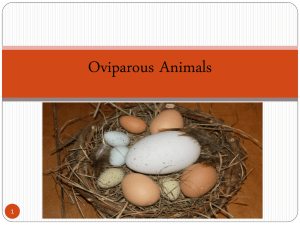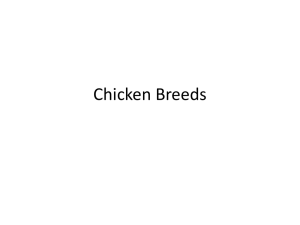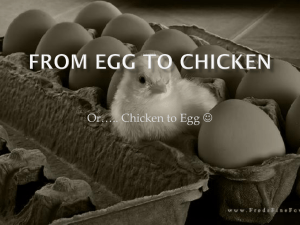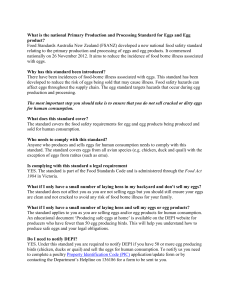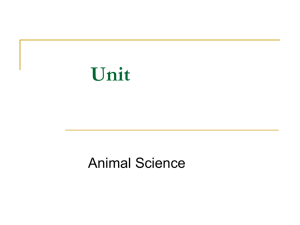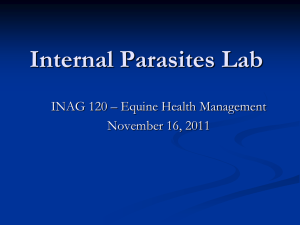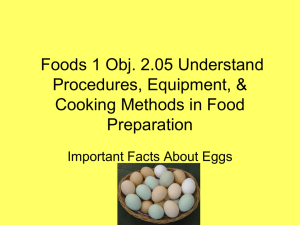Eggs pp page 31
advertisement
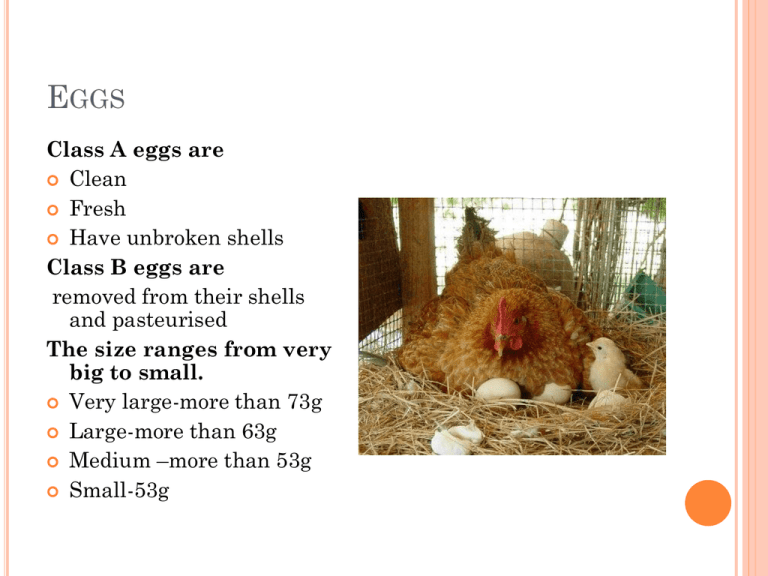
EGGS Class A eggs are Clean Fresh Have unbroken shells Class B eggs are removed from their shells and pasteurised The size ranges from very big to small. Very large-more than 73g Large-more than 63g Medium –more than 53g Small-53g EGGS All eggs in Britain must be marked with a code that shows Which egg producer they come from The country of origin The type of production Manufacturers use liquid, frozen or spray dried. Class B eggs to reduce the risk of food poisoning. EGGS You should store eggs In the fridge with the blunt end upwards Away from strong smelling foods Always use eggs by the best before date. FUNCTIONS Coagulation Egg white proteins coagulate(set) at 60C. The yolk at 70C for thickening egg custards and lemon curds. EGGS HAVE A VARIETY OF FUNCTIONS Aeration Eggs are whisked to trap air Such as in Swiss rolls meringues and mousses EGGS HAVE A VARIETY OF FUNCTIONS Emulsification Egg yolks emulsify helping to hold water and oil together such as in mayonnaise. EGGS HAVE A VARIETY OF FUNCTIONS Binding Holds ingredients together such as in burgers or fish cakes EGGS HAVE A VARIETY OF FUNCTIONS Coating Prevents foods falling apart or from absorbing too much fat such as a breadcrumb coating on fish or chicken. EGGS HAVE A VARIETY OF FUNCTIONS Glazing Gives an attractive golden finish to a product like pastry EGGS HAVE A VARIETY OF FUNCTIONS Garnishing Egg can be used as a garnish to decorate savoury products EGGS HAVE A VARIETY OF FUNCTIONS Enriching Egg can be added to foods such as mashed potato to make it more nutritious.
